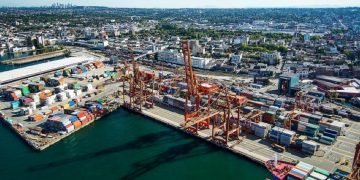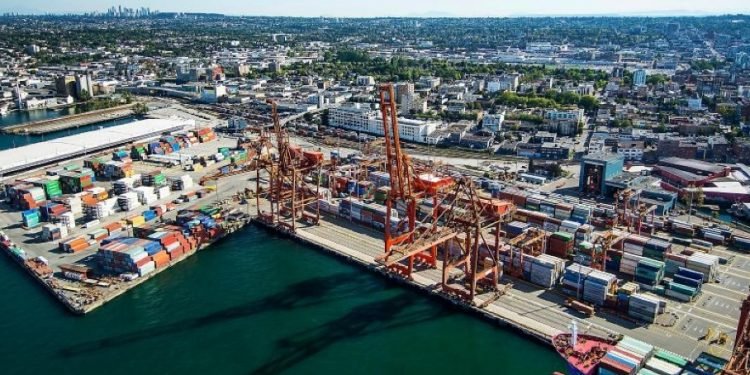The logistics industry in 2024 has witnessed transformative events, from groundbreaking acquisitions to technological advancements and sustainability initiatives. These developments are reshaping global supply chains and redefining the future of logistics.
1. Major Acquisitions Reshaping the Market
- DSV Acquires DB Schenker:
In one of the largest logistics deals in history, DSV acquired Deutsche Bahn’s logistics unit, DB Schenker, for €14.3 billion. This strategic move doubles DSV’s revenues and workforce, solidifying its position as the world’s largest logistics provider.
Impact: Increased market consolidation and enhanced global operational capabilities.
2. Technological Breakthroughs
- Quantum Computing in Logistics:
Quantum computing has started to revolutionize logistics by solving complex optimization problems. While still in early stages, this technology promises to enhance routing, scheduling, and network design. - Japan’s Automated Cargo Transport:
Japan announced plans for an automated cargo transport system between Tokyo and Osaka, addressing driver shortages and reducing emissions. Dedicated lanes for unmanned vehicles are expected to roll out by 2027.
3. Geopolitical and Economic Shifts
- Trade Sanctions and Sourcing Strategies:
New trade sanctions between the U.S. and key trading partners forced companies to reevaluate sourcing and compliance strategies, highlighting the importance of supply chain resilience. - China’s Expansion in South America:
The $3.5 billion Chancay deep-water port project in Peru marks a shift in global trade routes, strengthening China’s influence in South America and enhancing connectivity for the region.
4. Sustainability Takes the Spotlight
- Green Logistics Trends:
The industry has embraced eco-friendly practices, including electric vehicles, optimized routes, and green warehousing. These initiatives align with global climate goals and meet growing consumer demand for sustainable supply chains.
5. Investments in Last-Mile Delivery
- Goldman Sachs’ Focus on Australia:
Goldman Sachs invested $200 million in last-mile logistics properties in Australia, reflecting the growing demand for efficient delivery systems driven by e-commerce growth.
Looking Ahead
The logistics industry in 2024 is defined by innovation, collaboration, and sustainability. Companies are investing in technology and infrastructure to adapt to a rapidly changing landscape. These pivotal moments are not just shaping the industry today but setting the stage for its future.
Stay connected with The Logistic News for detailed insights into the latest trends and events shaping the global logistics sector.
ADVERTISEMENT























